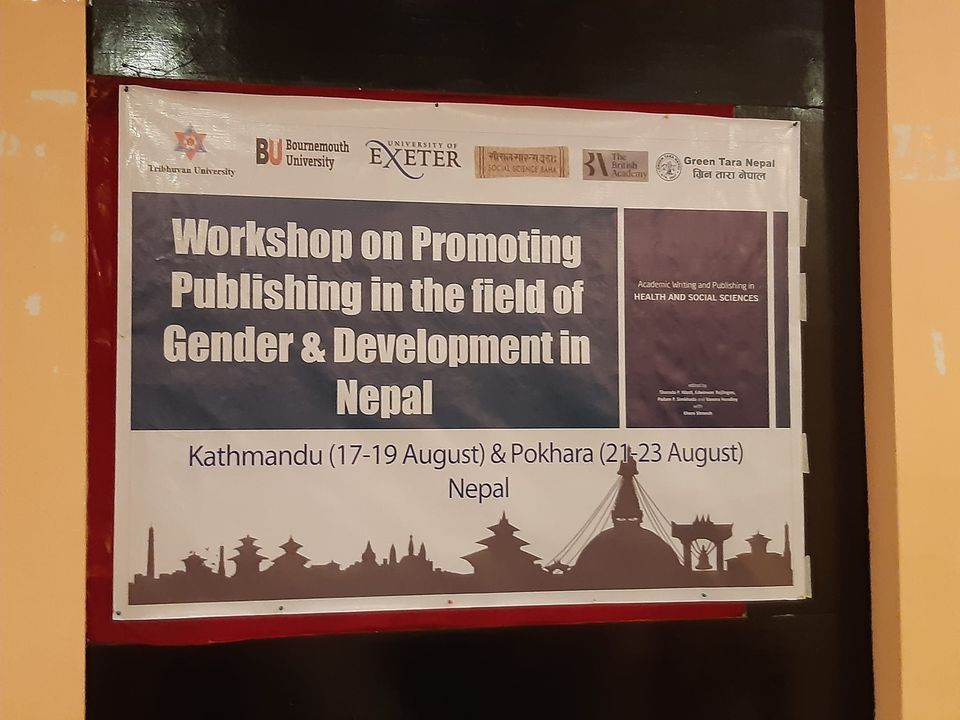 Today was the second day of our three-day Writing Workshop organised in Kathmandu Nepal. The project builds research capacity of early career researchers researching gender in Nepal-based higher education institutions by improving their chances of getting published in international journals in English. The workshops is delivered by a team of UK-based academic led by BU’s Dr. Shovita Dhakal Adhikari. The team further includes BU’s Dr. Pramod Regmi and Prof. Edwin van Teijlingen, Dr. Emma Pitchforth from the University of Exeter, and Dr. Rashmee Rajkarnikar from Nepal’s oldest university, Tribhuvan University. The workshop is run for a maximum of 30 participants over a three-day period. Tomorrow will be last day in Kathmandu, before we travel to Pokhara and repeat the three-day workshop there starting on Sunday.
Today was the second day of our three-day Writing Workshop organised in Kathmandu Nepal. The project builds research capacity of early career researchers researching gender in Nepal-based higher education institutions by improving their chances of getting published in international journals in English. The workshops is delivered by a team of UK-based academic led by BU’s Dr. Shovita Dhakal Adhikari. The team further includes BU’s Dr. Pramod Regmi and Prof. Edwin van Teijlingen, Dr. Emma Pitchforth from the University of Exeter, and Dr. Rashmee Rajkarnikar from Nepal’s oldest university, Tribhuvan University. The workshop is run for a maximum of 30 participants over a three-day period. Tomorrow will be last day in Kathmandu, before we travel to Pokhara and repeat the three-day workshop there starting on Sunday.
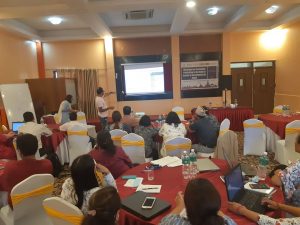 Over the years our Bournemouth University team has build up capacity in academic writing and publishing in Nepal on a more ad hoc basis . This grant will allow us to offer a more systematic approach to academic writing capacity building in Nepal. It is building on a growing number of paper published by Faculty of Health & Social Sciences staff on various aspects of academic writing and publishing. [1-20]
Over the years our Bournemouth University team has build up capacity in academic writing and publishing in Nepal on a more ad hoc basis . This grant will allow us to offer a more systematic approach to academic writing capacity building in Nepal. It is building on a growing number of paper published by Faculty of Health & Social Sciences staff on various aspects of academic writing and publishing. [1-20]  The project is funded by the British Academy and supported by the charity Green Tara Nepal and Social Science Baha.
The project is funded by the British Academy and supported by the charity Green Tara Nepal and Social Science Baha.
References:
- Harvey, O., Taylor, A., Regmi, P.R., van Teijlingen, E. (2022) Struggling to reply to reviewers: Some advice for novice researchers. Health Prospect, 21(2):19-22.
- Arnold, R., Ireland, J., Mahato, P., van Teijlingen, E. (2022) Writing and publishing a reflective paper: Three case studies, Welhams College Journal (forthcoming).
- van Teijlingen, E., Hundley, V, Sathian, B., Simkhada, P., Robinson, J., Banerjee, I. (2022) The Art of the Editorial Nepal J Epidemiol, 12(1): 1135–38.
- Harvey, O., van Teijlingen, A., Regmi, P.R., Ireland, J., Rijal, A., van Teijlingen, E.R. (2022) Co-authors, colleagues, and contributors: Complexities in collaboration and sharing lessons on academic writing Health Prospect 21(1):1-3.
- Wasti, S.P., van Teijlingen, E., Simkhada, P., Hundley, V. with Shreesh, K. (2022) Writing and Publishing Academic Work, Kathmandu, Nepal: Himal Books
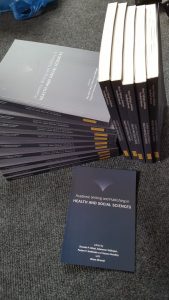
- van Teijlingen, E.R., Dhakal Adhikari, S., Regmi, P.R., van Teijlingen, A., Aryal, N., Panday, S. (2021). Publishing, identifiers & metrics: Playing the numbers game. Health Prospect, 20(1). https://doi.org/10.3126/hprospect.v20i1.37391
- Adhikari, S. D., van Teijlingen, E. R., Regmi, P. R., Mahato, P., Simkhada, B., & Simkhada, P. P. (2020). The Presentation of Academic Self in The Digital Age: The Role of Electronic Databases. International J Soc Sci Management, 7(1), 38-41. https://doi.org/10.3126/ijssm.v7i1.27405
- van Teijlingen, E, Hundley, V. (2002) Getting your paper to the right journal: a case study of an academic paper, J Advanced Nurs 37(6): 506-11.
- Pitchforth, E, Porter M, Teijlingen van E, Keenan Forrest, K. (2005) Writing up & presenting qualitative research in family planning & reproductive health care, J Fam Plann Reprod Health Care 31(2): 132-135.
- van Teijlingen, E, Simkhada, PP, Rizyal A (2012) Submitting a paper to an academic peer-reviewed journal, where to start? (Guest Editorial) Health Renaissance 10(1): 1-4.
- van Teijlingen, E, Simkhada. PP, Simkhada, B, Ireland J. (2012) The long & winding road to publication, Nepal J Epidemiol 2(4): 213-215 http://nepjol.info/index.php/NJE/article/view/7093/6388
- Hundley, V, van Teijlingen, E, Simkhada, P (2013) Academic authorship: who, why and in what order? Health Renaissance 11(2):98-101 www.healthrenaissance.org.np/uploads/Download/vol-11-2/Page_99_101_Editorial.pdf
- Simkhada, P., van Teijlingen E., Hundley, V., Simkhada, BD. (2013) Writing an Abstract for a Scientific Conference, Kathmandu Univ Med J 11(3): 262-65. http://www.kumj.com.np/issue/43/262-265.pdf
- Simkhada P, van Teijlingen E, Hundley V. (2013) Writing an academic paper for publication, Health Renaissance 11(1):1-5. www.healthrenaissance.org.np/uploads/Pp_1_5_Guest_Editorial.pdf
- van Teijlingen, E., Ireland, J., Hundley, V., Simkhada, P., Sathian, B. (2014) Finding the right title for your article: Advice for academic authors, Nepal J Epidemiol 4(1): 344-347.
- van Teijlingen E., Hundley, V., Bick, D. (2014) Who should be an author on your academic paper? Midwifery 30: 385-386.
- Hall, J., Hundley, V., van Teijlingen, E. (2015) The journal editor: friend or foe? Women & Birth 28(2): e26-e29.
- Sathian, B., Simkhada, P., van Teijlingen, E., Roy, B, Banerjee, I. (2016) Grant writing for innovative medical research: Time to rethink. Med Sci 4(3):332-33.
- Pradhan, AK, van Teijlingen, ER. (2017) Predatory publishing: a great concern for authors, Med Sci 5(4): 43.
- van Teijlingen, E (2004), Why I can’t get any academic writing done, Medical Sociol News 30(3): 62-63. britsoc.co.uk/media/26334/MSN_Nov_2004.pd
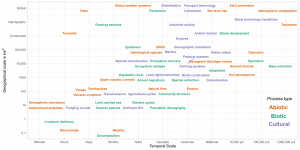
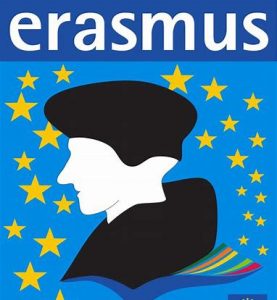


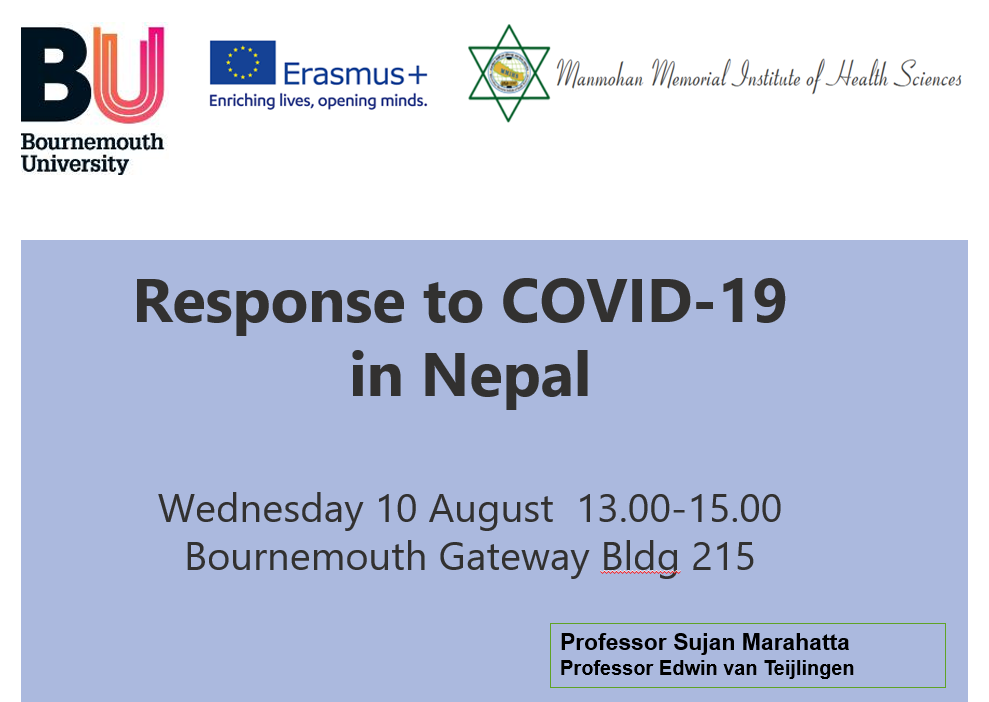
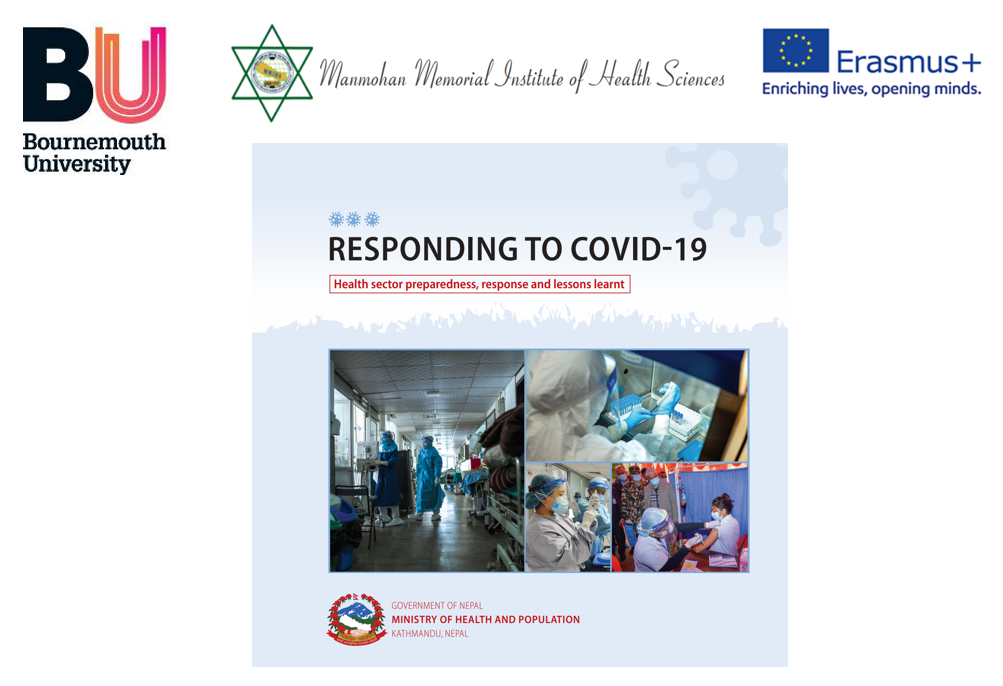

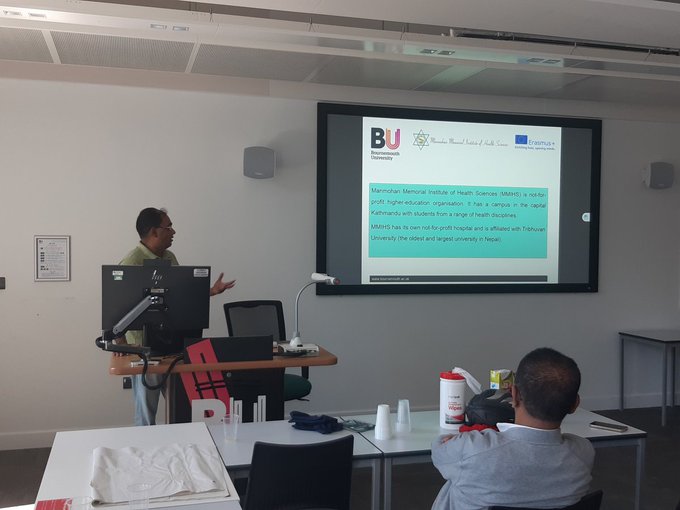

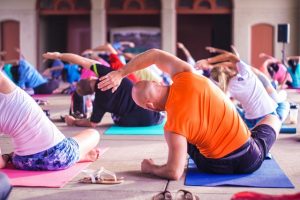
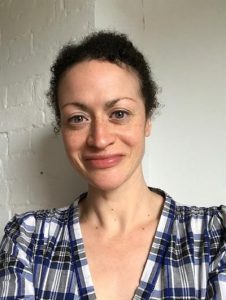 In the online discussion, Dr Collard will outline her findings so far, which will provide important data for people with epilepsy and their families and carers, as well as medical professionals and those working in the fitness and leisure sector.
In the online discussion, Dr Collard will outline her findings so far, which will provide important data for people with epilepsy and their families and carers, as well as medical professionals and those working in the fitness and leisure sector.

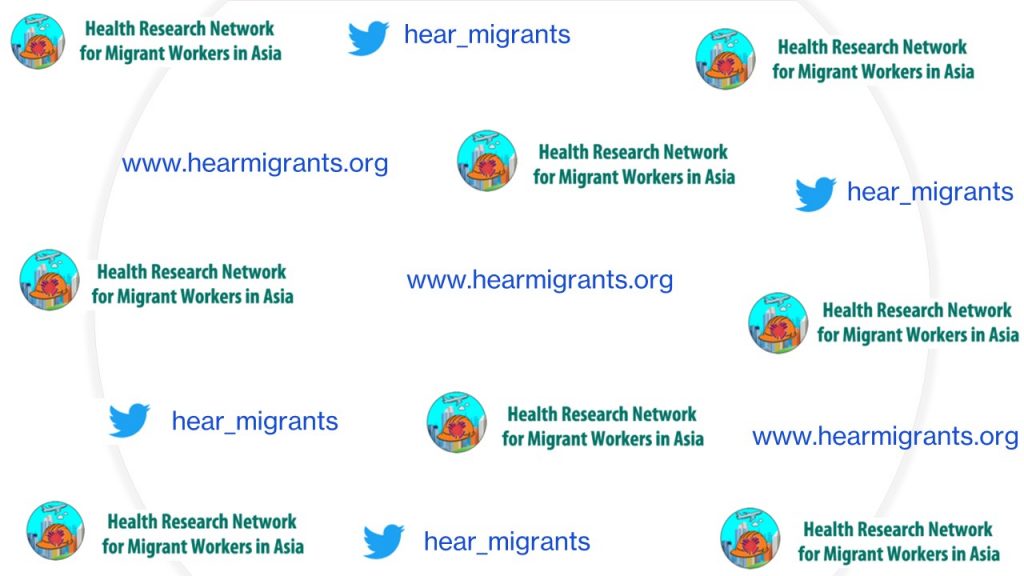

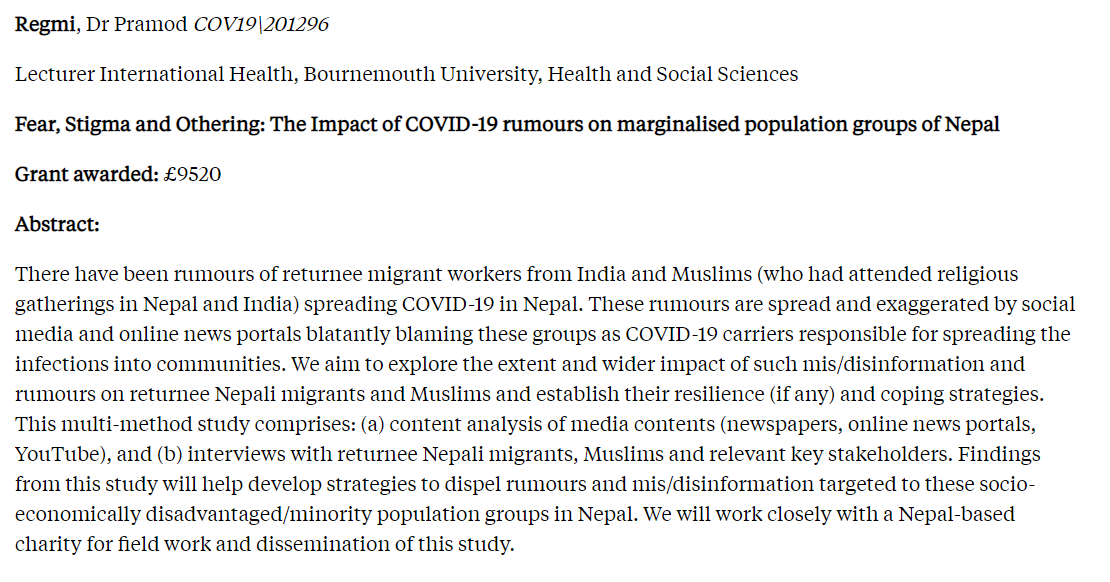
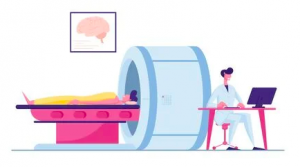


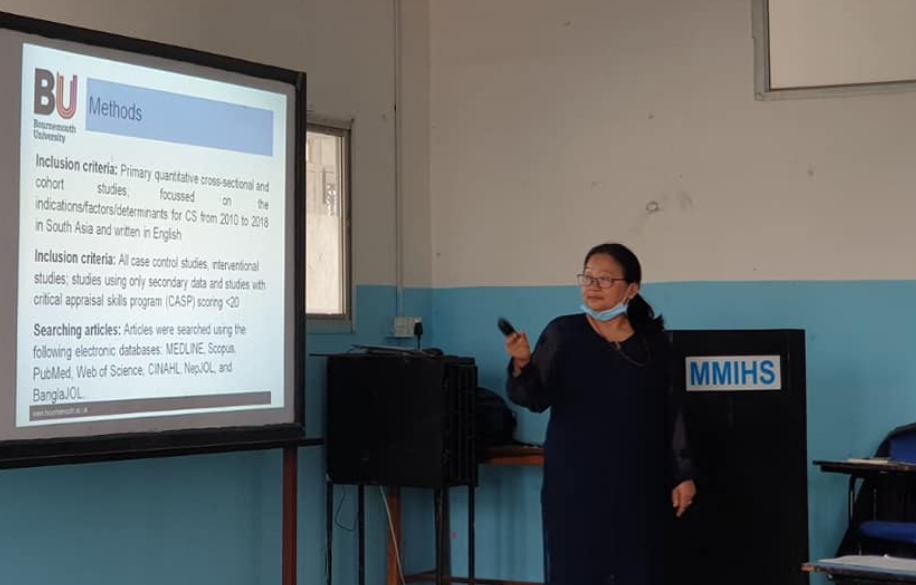
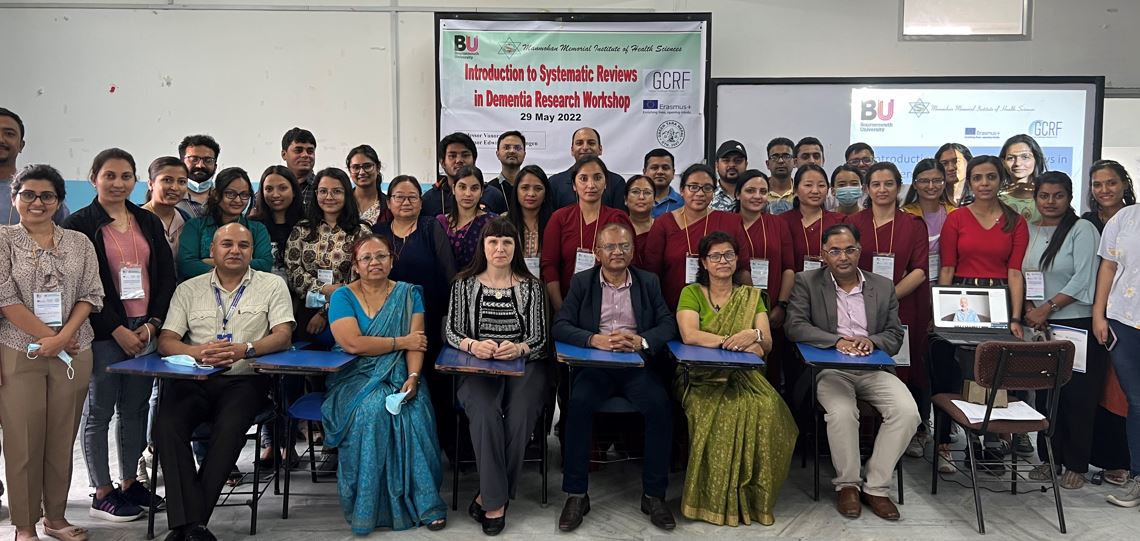

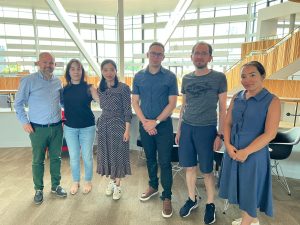
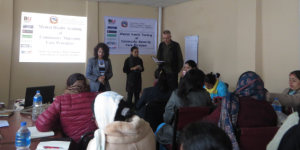


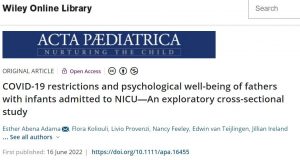
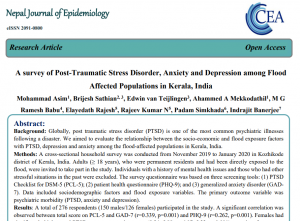













 1 WEEK REMAINING- Postgraduate Research Experience Survey (PRES) 2024
1 WEEK REMAINING- Postgraduate Research Experience Survey (PRES) 2024 Conversation article: How 2-Tone brought new ideas about race and culture to young people beyond the inner cities
Conversation article: How 2-Tone brought new ideas about race and culture to young people beyond the inner cities Upcoming 3C Event – PGR Culture, Community & Cake
Upcoming 3C Event – PGR Culture, Community & Cake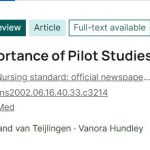 Paper with 160,000 reads
Paper with 160,000 reads Apply for up to £1,000 to deliver an event and take part in a national festival of public engagement with research
Apply for up to £1,000 to deliver an event and take part in a national festival of public engagement with research MSCA Postdoctoral Fellowships 2024
MSCA Postdoctoral Fellowships 2024 Horizon Europe News – December 2023
Horizon Europe News – December 2023